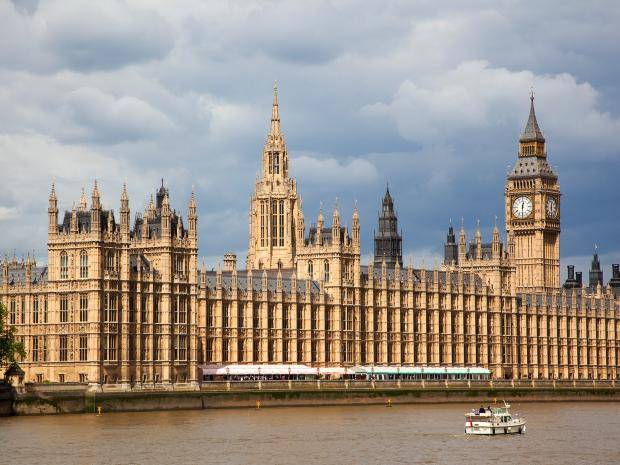Yesterday [21 November 2017], in the House of Commons, Foreign Office Minister Mr Rory Stewart affirmed that the UK continues to raise reports of human rights abuses in Balochistan with the Government of Pakistan. The statement by Mr Stewart – who is Minister of State at the Department for International Development – was an answer to this question, asked by the Member of Parliament Mr Bob Blackman: “What representations has my right honourable friend made to the Government of Pakistan about human rights abuses and the desire for freedom in Balochistan?” Click here to watch a video of this moment.
Balochistan is Pakistan’s largest and most resource-rich province, responsible for 40% of Pakistan’s primary energy production. However, it is also the least developed province, following decades of economic exploitation through the plundering of natural resources and the systematic economic deprivation, social and political exclusion of the indigenous Baloch people. According to the 2016 report of the United Nations Development Programme, 71% of people in Balochistan live in multidimensional poverty.
Human rights violations are commonplace and have been reported by organisation such as Amnesty International and Human Rights Watch. The frequent abuses committed by the Pakistani military against the Baloch people, often used to suppress their peaceful calls for justice and equality, include extrajudicial killings, enforced disappearances and arbitrary detentions.
Having the issue raised at the UK Parliament is an important milestone for those who advocate for the rights of the Baloch people and against the violence they are subjected to: freedom of expression is a right long-suppressed in Balochistan by the Government of Pakistan, which makes it crucial for the matter to be approached internationally.
Giving voice to the victims of these atrocities requires, furthermore, requires the attention of the media and the public opinion around the world. Therefore, the WBO launched, earlier this month, the #FreeBalochistan campaign in the streets of London, with adverts carrying slogans such as “Save the Baloch” and “Stop Enforced Disappearances”.
The campaign has been attacked by the Pakistani Government, which pressured UK authorities and succeeded in having WBO’s banners removed from London cabs. Transport for London (TfL) claimed that the slogans raised matters of public controversy and sensitivity, which makes them unacceptable according to the clause “2.3(h)” of the TfL Advertising Policy.
However, the same clause states that adverts promoting “the right to life, liberty and security” are usually accepted in spite of any controversy. These are exactly the issues raised by the #FreeBalochistan campaign – however, TfL has repeatedly refused to make any suggestions or to accept WBO’s suggestions for new slogans (such as “Stop Killings in Balochistan” and “Raise your voice for human rights in Balochistan”).
TfL’s refusal to engage in dialogue reveals that the company made the decision to ban WBO’s adverts, a discriminatory move considering that other human rights adverts have previously been previously accepted, for example, a recent campaign highlighting the crisis in Myanmar on London buses.
WBO reaffirms the peaceful, respectful and legal character of the #FreeBalochistan campaign and urges UK authorities to support the struggle against human rights violations in Balochistan. The campaign is ongoing, in spite of all the obstacles which have been imposed to it, with billboards on roadsides all around the city of London.
Mr Bob Blackman’s initiative to raise this long-forgotten issue in the UK Parliament has brought a valuable contribution to the struggle of the Baloch people, in a moment when it is crucial for the issue to be discussed and carefully taken into account by the UK authorities.

